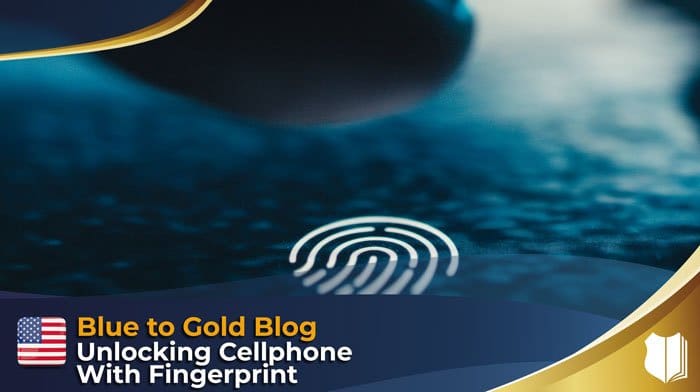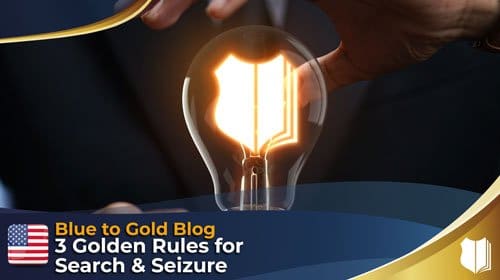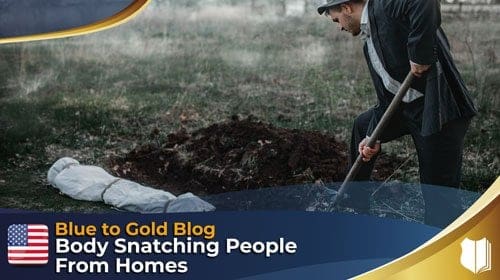

What is the Motor Vehicle Exception?
The automobile, or motor vehicle exception allows officers to search cars for evidence, contraband, and fruits or instrumentalities of crimes without a search warrant. When
or use our live chat
Customer Service


The answer is, “Yes.” Because fingerprints and facial ID are not testimonial, there is no recognized privacy interest in your fingerprints or in your face. So that’s generally the case. I’m also thinking of mass facial recognition software that you’re putting downtown, and you’re identifying everybody who is downtown. That implicates a different constitutional principle, but that’s not relevant here.
So the point is that if you get a court order to basically compel a person to unlock their phone with their fingerprint or facial ID, that would be lawful. That’s not a Miranda violation, because it’s not testimonial. However, just to get a little more in depth here, having them provide their password, that would be a Miranda issue, because the person has to think about their answer. That’s testimonial, and they could incriminate themselves.
Now with that one, you’re not going to be able to compel them to provide their password or facial pattern, unless it’s a foregone conclusion. So that’s what the doctrine is called; foregone conclusion. A foregone conclusion essentially says this, “If you can prove to the court that you know it’s on the phone, so that you need the evidence to bolster your case and to prove your elements, then most likely, they’re going to give you a warrant to basically compel the person to provide their password.
Now, let me give an example. Let’s say a friend of the defendant saw child porn on his phone, he knows it’s child porn, the defendant was bragging about it, and so forth. So that’s a foregone conclusion. We know that we have the the testimony of the friend and that the evidence is on the phone. So we can most likely get a court order. Basically, I call it a search warrant. But really, it’s a court order, on threat of contempt, to provide the password in order to find the evidence. But that doesn’t necessarily mean that you’re going to have a free for all on that phone.
The court order is going to allow you into the search bar and will allow you to recover the evidence that is the foregone conclusion. But, if there’s other evidence on there, that you don’t know about, you’re not allowed to view it during the lawful search. You’re not going to just go hog wild on the whole phone and find any other evidence. And that’s really the challenge there.
So what’s interesting is if defendants use facial ID, then the phone is probably fair game. But if they use a password, then you have to have the foregone conclusion doctrine, usually, in order to get into it. And even then, it’s still a limited search for only things that are foregone. Does that make sense? Kind of weird, right? But that’s highly relevant in today’s digital age.
There are more cases that are coming out and trying to set some proper boundaries and give the cops the constitutional tools that they need to get the evidence, but also not violate the person’s rights. So we’ll see how this area of the law turns out and develops, but there you go. A good question, and I hope the answer is useful to you.


The automobile, or motor vehicle exception allows officers to search cars for evidence, contraband, and fruits or instrumentalities of crimes without a search warrant. When


These three golden rules come from reading thousands of court cases over the last 20 years and seeing a theme regarding what the courts are


This question is: Can you look inside a woman’s purse, or a man’s backpack during a pat down? The answer is, “Maybe.” Here’s how this


Here is the question: Can an officer reach slightly into a person’s home to pull them out and arrest them? If an officer has probable
© Blue to Gold, LLC. All rights reserved